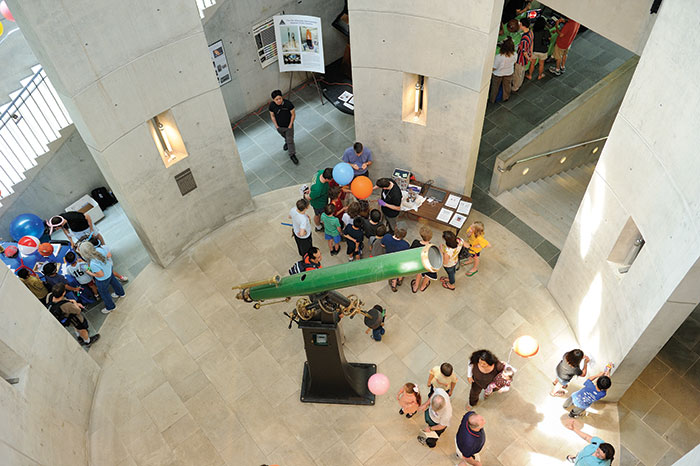Preparations are underway for a new hackathon focused on health and technology.
The first edition of MedHacks will be held Oct. 2-4 at the Bloomberg Center for Physics and Astronomy on the JHU Homewood Campus.
The event is being run by students, and looks to bring in industry experts and clinicians to help innovate. Teams will have 36 hours to create solutions.
Apply to participate
A release says the students are looking to draw on Johns Hopkins’ renowned place in the biomedical world, and will no doubt benefit from the university’s increasing focus on fostering startups.
“MedHacks is about providing an avenue for engineers, entrepreneurs, and healthcare students/professionals to create innovative solutions to healthcare problems of the future,” emails Ron Boger, a Johns Hopkins student studying biomedical engineering and computer science who is organizing the event. “We plan on harnessing the existing energy across all fields at the university and convincing them these different disciplines to join forces with the goal of accelerating medical innovation.”
Kleiner Perkins Caufield & Byers, Google and Athenahealth have signed on as initial sponsors.
Join our growing Slack community
Join 5,000 tech professionals and entrepreneurs in our community Slack today!
Donate to the Journalism Fund
Your support powers our independent journalism. Unlike most business-media outlets, we don’t have a paywall. Instead, we count on your personal and organizational contributions.

Maryland firms score $5M to manufacture everything from soup to nanofiber

National AI safety group and CHIPS for America at risk with latest Trump administration firings

How women can succeed in male-dominated trades like robotics, according to one worker who’s done it


